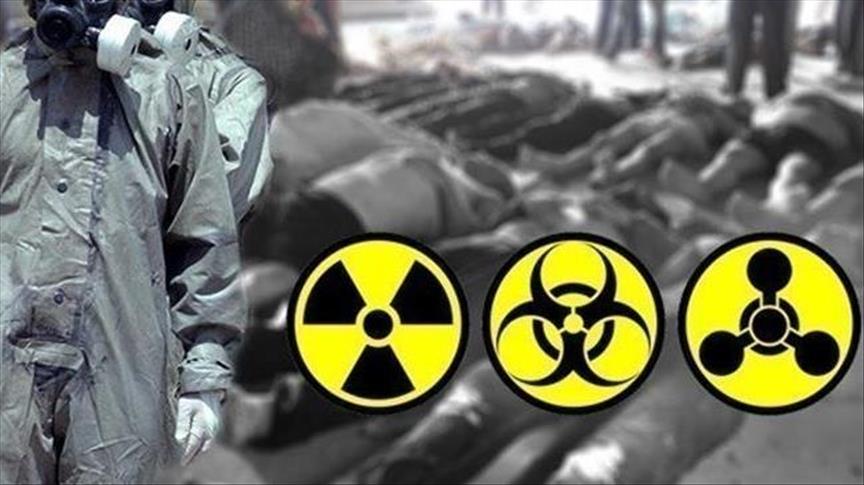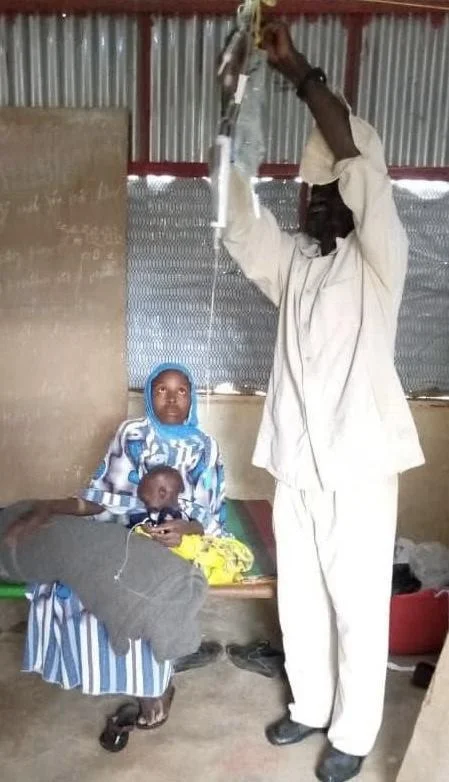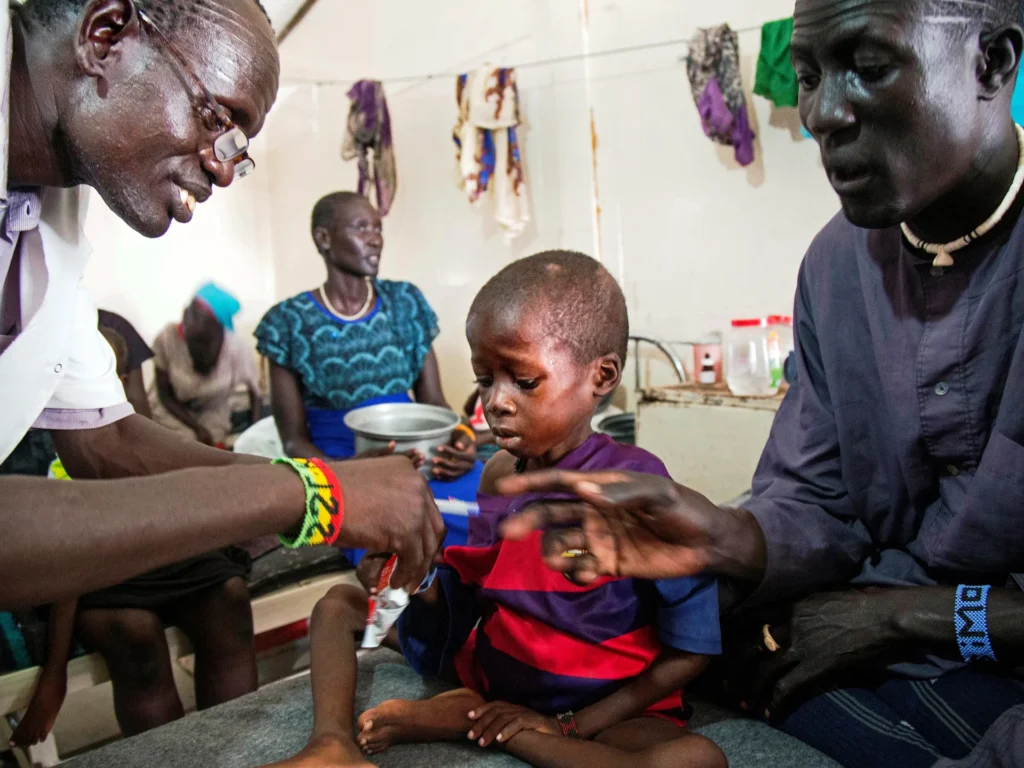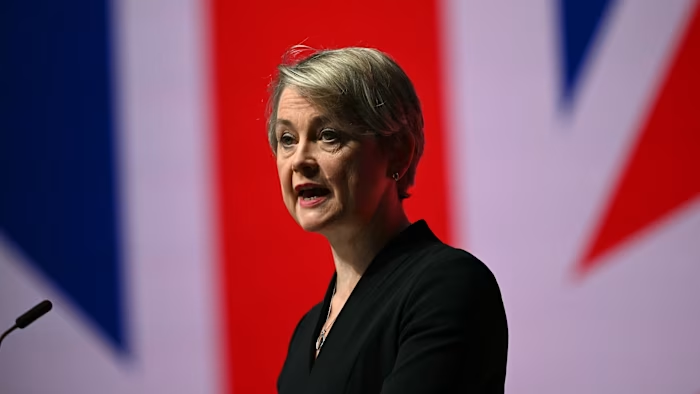
A new SPT report compiles testimonies from doctors, displaced residents, community leaders and former combatants alleging General al-Burhan’s army (SAF) used internationally banned chemical agents in Khartoum and parts of Darfur, leaving swathes of the capital “unlivable” and triggering unexplained illnesses among civilians.
Junta operating from Port Sudan had floated a plan to rehabilitate Khartoum for a phased return of officials. A committee led by Gen. Ibrahim Jaber visited the city on July 1. On July 20, Jaber ordered central Khartoum sealed off and key state institutions moved to alternative sites in southern Khartoum, Bahri and Omdurman, decisions that sources quoted by SPT link to environmental contamination.
In a video last year, SAF chief Gen. Abdel Fattah al-Burhan told troops the military would use “lethal force” if the Rapid Support Forces (RSF) did not withdraw from Khartoum—remarks observers read as a warning of escalatory tactics. On April 24, the U.S. government said the SAF had used chemical weapons in its war with the RSF, which erupted on April 15, 2023; sanctions followed in May, according to the report. In October, Lt. Gen. Yasser al-Atta told soldiers at the Karri base the SAF would employ “as much of the hidden power as the Commander allows.”
At a Port Sudan workshop on chemical hazards, Dr. Mona Ali Mohamed, secretary-general of the Supreme Council for Environment, said Khartoum had suffered “serious chemical contamination,” attributing it to RSF strikes on factories. Critics quoted by SPT called the claim a cover for SAF actions, noting many large industrial sites were destroyed by air raids early in the war while RSF units controlled most of the capital.
Two former RSF members stationed at the Republican Palace before an RSF pullout in March 2025 told SPT several comrades suffered sudden paralysis while inside the compound. Merchants invited to briefly reopen stores on al-Hurriya Street in early July reportedly left again, saying conditions made trade impossible. A retired officer told SPT he had been informed by ex-colleagues of multiple instances of SAF chemical use in Khartoum and Darfur.
North Darfur: unexplained deaths, animal die-offs
Community leaders and medics in North Darfur described unprecedented effects following SAF airstrikes. A Ziyadiya elder in Kuma said civilians “died suddenly while standing,” animals went blind, trees fell, and wells “turned to poison,” after bombs that left “black ash unlike anything we had seen.” Local emergency-room tallies in Kuma cited by SPT record 173 air raids that killed hundreds and destroyed water sources and herds. Volunteer Musa Marah listed acute skin blistering, eye pain and hair loss in animals; schools sheltering displaced families, including al-Farouq and Imam Ali, were repeatedly struck.

Mellit Hospital’s medical director, Dr. Mohamed Ali Masbal, reported “dozens” of unexplained miscarriages in recent months, saying the cases likely relate to munitions dropped on the town, which he believes “often contain chemical weapons.” The hospital operates with severe shortages under recurring air raids, he added.
The SPT report argues that cumulative witness accounts, medical observations and administrative decisions—such as the closure of central Khartoum—point to probable chemical-weapons use. It urges an independent, transparent international investigation to establish facts, document violations and ensure accountability.




